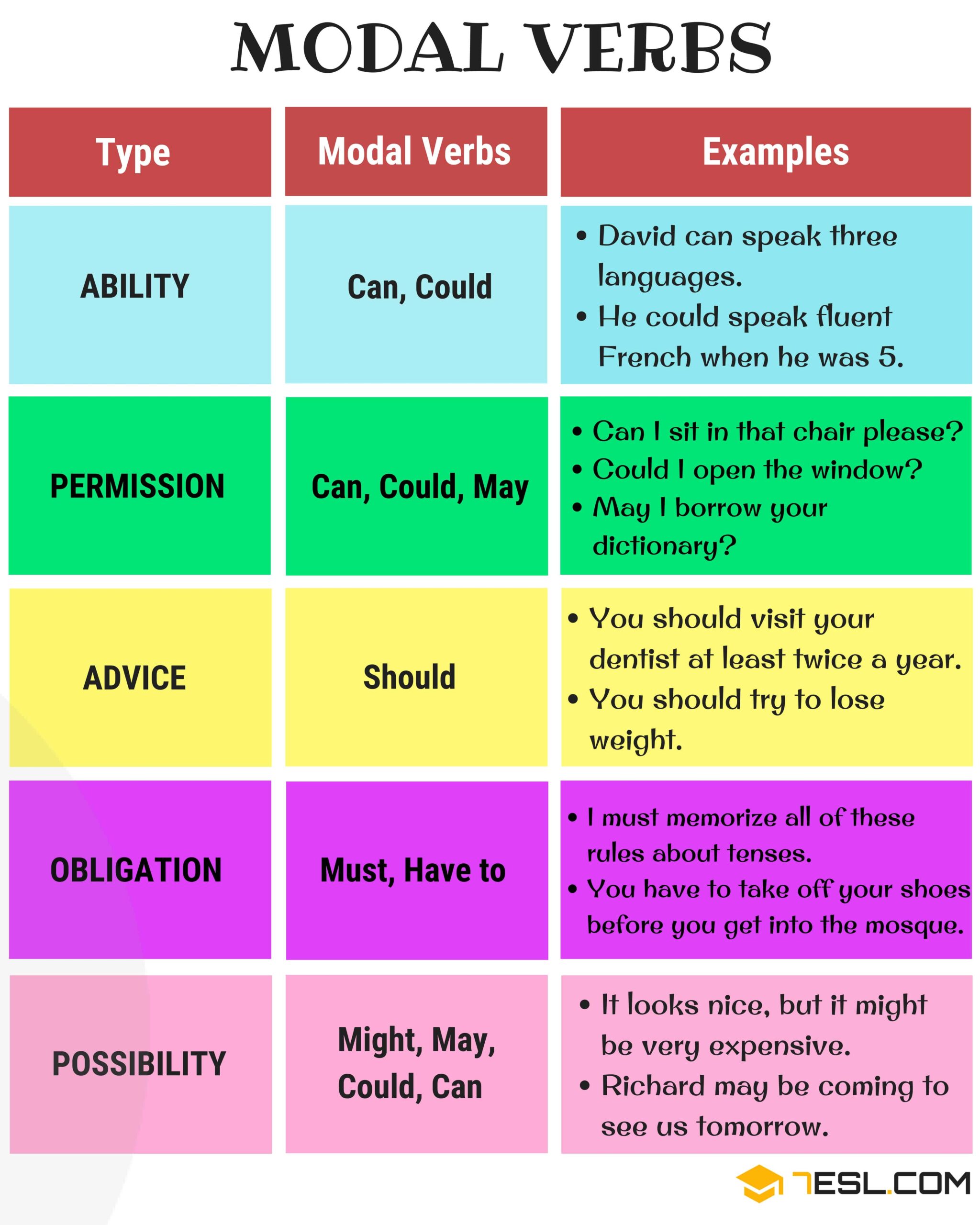Modal verbs are an essential part of the English language as they help convey various meanings and nuances in a sentence. One such modal verb is ‘must’, which is used to express necessity or strong recommendation. Let’s explore some examples of how ‘must’ can be used in sentences.
When using ‘must’ as a modal verb, it indicates that something is necessary or required. It adds a sense of obligation or duty to the sentence. Whether it’s a rule, a piece of advice, or a strong belief, ‘must’ helps convey the urgency or importance of the action.
Examples of ‘Must’ Modal Verb:
1. You must wear a helmet while riding a motorcycle for safety reasons.
In this example, ‘must’ is used to emphasize the necessity of wearing a helmet while riding a motorcycle. It shows that it is not just a suggestion but a mandatory rule for safety.
2. I must finish this report by the end of the day.
Here, ‘must’ indicates the urgency and obligation to complete the report by the end of the day. It shows a sense of responsibility and importance attached to the task.
3. Students must submit their assignments before the deadline.
This sentence conveys the requirement for students to submit their assignments before the deadline. ‘Must’ emphasizes the necessity of meeting the deadline and following the rules.
4. You must be quiet in the library.
Using ‘must’ in this sentence indicates the rule or expectation of maintaining silence in the library. It shows the importance of respecting the quiet environment for others.
5. We must take action to address climate change.
Here, ‘must’ is used to express a strong recommendation or belief that action needs to be taken to address climate change. It conveys a sense of urgency and importance attached to the issue.
In conclusion, ‘must’ as a modal verb plays a crucial role in expressing necessity, obligation, or strong recommendation in sentences. By using ‘must’, we can convey the importance and urgency of certain actions or beliefs in a clear and concise manner.
